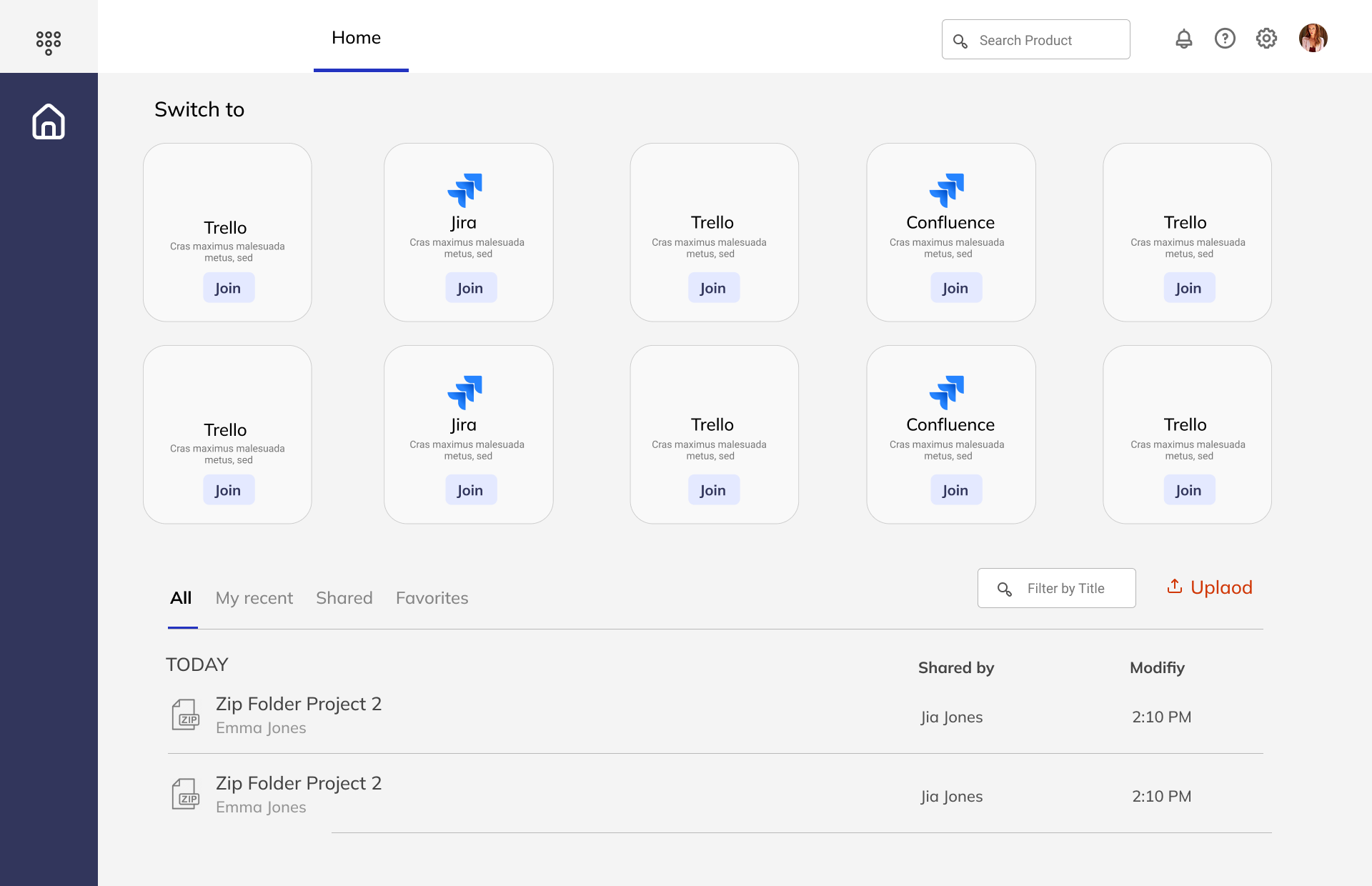About this
Project
About this project
The project aimed to streamline Dentsu's content management across various applications. Dentsu faced challenges with manual processes, multiple applications, and scattered static data. Successive Digital proposed and implemented a centralized content management system (CMS) using Strapi. This solution allowed for the efficient management of static data, reducing dependency on the development team and improving workflow efficiency. The project also included setting up a fallback system for data security and a cache system to reduce latency. The result was a more streamlined and automated content management process, allowing Dentsu to focus on their core business activities.
Scope
Product EngineeringRegion
United KingdomAbout
Client
About the client
Dentsu is a leading global advertising company headquartered in Tokyo, Japan. With a strong focus on innovative advertising solutions, Dentsu has gained the trust of top organizations worldwide. The company provides a range of advertising and marketing services, supported by a variety of applications used daily by its clients. Dentsu’s commitment to excellence in advertising has made it a key player in the industry, known for its creative and effective campaigns. The company’s dedication to leveraging technology for better service delivery underscores its forward-thinking approach to business.


Our
Offering
Centralized CMS Implementation
Successive Digital utilized Strapi, an open-source headless CMS, to centralize the management of static data across all of Dentsu’s applications. This centralization allowed for seamless updates and consistent content delivery, making the process more efficient and user-friendly. By providing a unified platform, Dentsu could easily maintain and update their applications, ensuring a cohesive and streamlined content strategy. The user-friendly interface of Strapi empowered Dentsu’s team to manage content effectively, supporting their dynamic advertising needs.

Fallback and Cache Systems
To ensure data security and enhance performance, Successive Digital implemented a robust fallback system alongside a caching mechanism using Redis. The fallback system provided an additional layer of protection, maintaining workflow continuity and data integrity. The caching system significantly improved data retrieval speeds by storing frequently accessed information, facilitating faster data exchange and a smoother user experience. These enhancements ensured that Dentsu’s applications operated efficiently, providing quick and reliable access to content.
Reduced Dependency
The new centralized and automated system allowed Dentsu’s team to manage content independently, without the need for extensive technical intervention. This setup enabled faster content updates and streamlined workflows, allowing the team to respond quickly to client needs and market demands. The automation and user-friendly tools provided by the CMS empowered the team, optimizing resource allocation and focusing efforts on strategic initiatives. The result was a more agile and responsive content management process, aligning perfectly with Dentsu’s objectives.
Result
Providing results that exceeded the client’s expectations
- Increased Efficiency: The centralized CMS made data management more efficient, reducing the need for manual updates.
- Reduced Latency: The caching system decreased data retrieval times, improving overall workflow.
- Enhanced Security: The fallback system ensured data security and continuity in case of issues.
- Decreased Development Load: Reduced dependency on the development team allowed them to focus on more critical tasks, enhancing productivity.
More
Case Studies
Successive Advantage
We have the expertise to solve industry-specific problems with evolving technologies. Reach out to start a conversation.
Connect with us ➔














